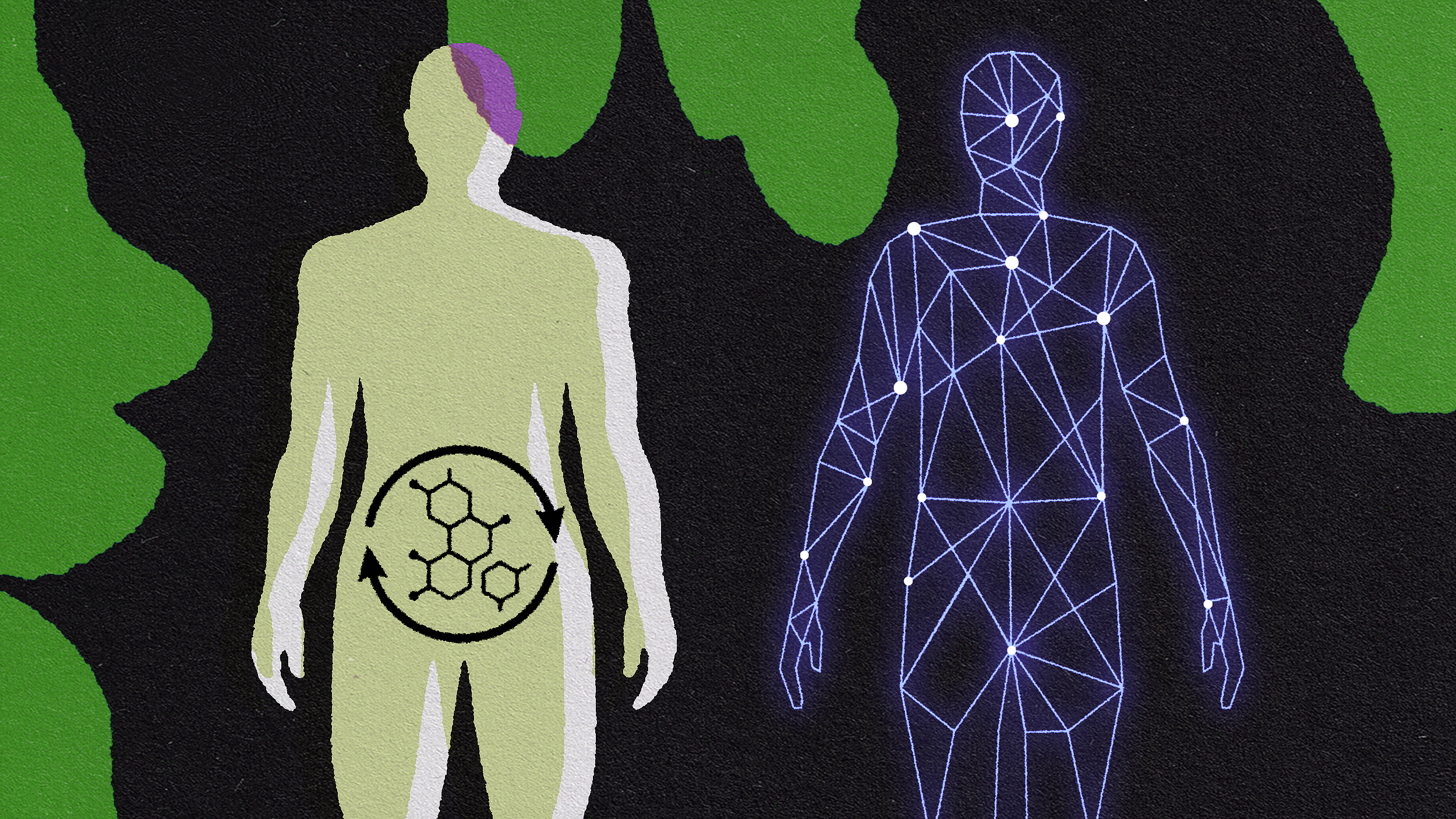Eugenics is the practice of using “planned breeding” for “racial improvement.”
Because this idea is repulsive, the predominant response has been “genome blindness” — that is, avoiding any study or discussion of genetic differences between people.
But according to geneticist Paige Harden, this is the wrong solution. Instead, we should identify genetic differences between people — including those that might affect social outcomes — so that we can help provide people with the resources they need to be successful.
KATHRYN PAIGE HARDEN: Eugenics is an interesting word because it could be used to describe a number of different things. So one way to think about eugenics is just as selective breeding or sort of control over reproduction. So, if we think about involuntary sterilization in Virginia in the 1920s, that's saying there's better people, there's worse people; it's on the basis of something "genetic" about them, and we're gonna allocate freedoms on the basis of that hierarchy. Some people have reproductive autonomy: they get to choose to have children, but other people don't- they are involuntarily sterilized.
So it's this control of reproduction that's coercive, and is based on this idea, this hierarchy of people. The predominant response to the eugenic perspective has been what I call 'Genome blindness.' And that's really the idea that we should avoid studying or talking about, scientifically or politically, biological or genetic differences between people. We can't use any genetic information to slot people into eugenic hierarchy if there are no genetic differences or if we insist, they don't matter.
If you ask the average American how much do you think genes influence your intelligence or personality or risk for mental illness, their answer is almost never "zero." So if people already think that genes make a difference for outcomes that they care about, if the only people that are talking about that are the most extreme, sometimes hate-filled voices, that is a problem. I really worry that too much of the conversation is focused right now on the ethics of knowledge production, and not enough on the brass tacks of legislation and policy at the state-by-state level. I have a colleague and friend here at the University of Texas who wrote a fascinating book called "Predict and Surveil."
She embedded herself with the LA Police Department for several years and looked how they saw predictive policing, algorithms, and data aggregation in order to police, and I would say, over-police some communities. And a lot of the data that they're using comes from proprietary software that's provided by for-profit companies. When people think about dystopian scenarios, I actually worry less about the overt white nationalists and more about people who know they can make money using genetic information. So the challenge then is, how do we identify genetic differences between people, even genetic differences that might have a relationship to outcomes we care about socially? So something like intelligence or education or impulsivity, without using them or interpreting them eugenically.
When we think about our own intimate relationships, we can separate what makes someone valuable, worthy of freedom, worthy of resources, worthy of consideration of welfare, from what does our capitalist economy currently value. And I think that's the distinction that we also need to draw between observing genetic differences versus using them eugenically.







